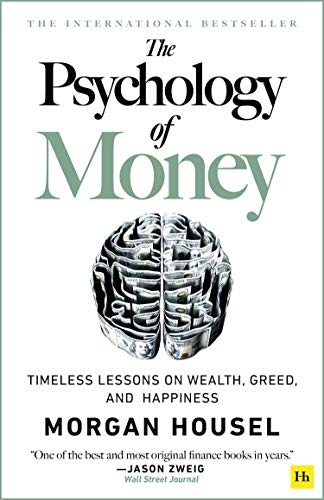Description
The Philosophy of Money (1900; German: Philosophie des Geldes)[1] is a book on economic sociology by German sociologist and social philosopher Georg Simmel.[2] Considered to be the theorist’s greatest work, Simmel’s book views money as a structuring agent that helps people understand the totality of life.
Money and value
Simmel believed people created value by making objects, then separating themselves from those objects and then trying to overcome that distance. He found that objects that were too close were not considered valuable and objects that were too far away for people to obtain were also not considered valuable. What was also considered in determining value was the scarcity, time, sacrifice, and difficulties involved in getting objects. In the pre-modern era, beginning with bartering, different systems of exchange for goods and services allowed for the existence of incomparable systems of value (land, food, honor, love, etc.). With the advent of a universal currency as an intermediary, these systems became reconcilable, as everything tended to become expressible in a single quantifiable metric: its monetary cost.
Money and freedom
A fundamental point of The Philosophy of Money is that money brings about personal freedom. The effect of freedom can be appreciated by considering the evolution of economic obligations. When someone is a slave, their whole person is subject to the master. The peasant has more freedom, but if they are to provide the lord with payments in kind, such as wheat or cattle, they must produce exactly the item required, or barter it at a great loss or inconvenience. But when the obligation takes a monetary form, the peasant is free as to whether to grow wheat, or keep cattle, or engage in other activities, as long as they pay the required tax.



















Reviews
There are no reviews yet.